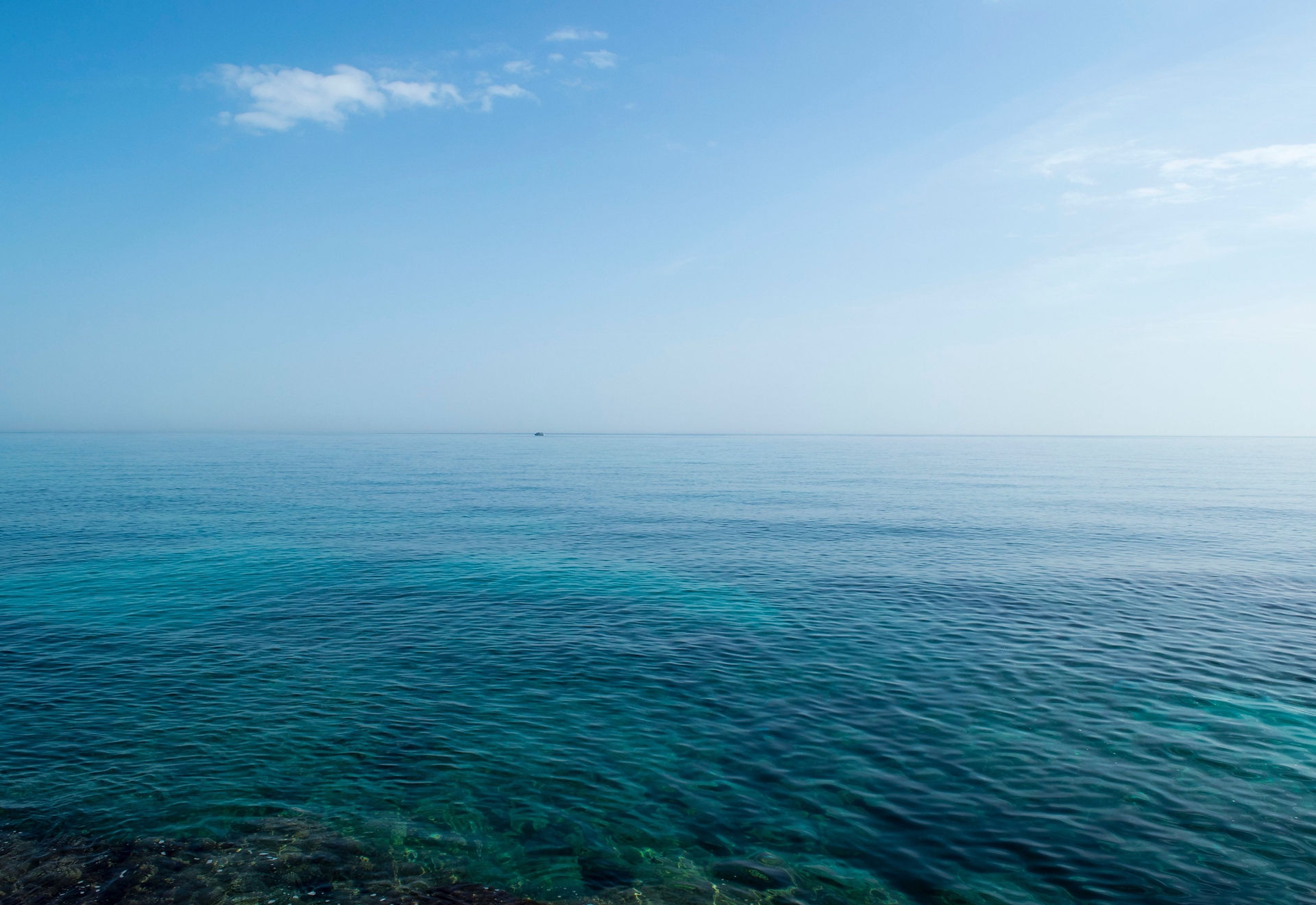

Get Involved!
Use our sensor to participate in Citizen Science and save the marine environment!

Citizen Science
Citizen Science is a practice of public participation and collaboration in scientific research to increase scientific knowledge. This means that everyone can engage in projects together with scientists to answer real-world questions. This work can often be done close to home with established protocols and tools, with guidance from professional scientists. Citizen science is a way of involving everyone in the important work of learning about and protecting our environment.
10 principles for citizen science:
-
Citizen science engage people in an active way in scientific work that creates new knowledge or understanding. Participants can act as contributors, collaboration partners or as project manager and play an important role in the project.
-
Citizen science projects generates scientific result. The result can, for example, consist of answering a research question, providing a basis for environmental protection measures or environmental policy.
-
Citizen science projects benefit both professional scientists and for the citizen scientists. The benefits may include publication of research results, new knowledge, personal enjoyment, satisfaction in contributing to scientific evidence to address local, national and international issues, and thereby, an opportunity to influence policy decisions.
-
Citizen scientists can, if they wish, participate in several parts of the scientific process in the project. This may involve developing the research question, designing the method, collecting and analyzing data and communicating the results.
-
Citizen scientists get feedback from the project, for example how collected data is used and which scientific, political of societal result they lead to.
-
Citizen science is seen as one research method among many others, with limitations and biases that should be considered and controlled. Unlike traditional research methods, citizen science offers opportunities for greater public involvement and a democratization of science.
-
Data and metadata from citizen science projects are made publicly available and (when possible) the results are published in an open access format. Data sharing can be done during or after the project, unless there are security or privacy reasons that prevent this.
-
The participants' contributions in citizen research projects must be recognized in the project's results and in publications.
-
Citizen science projects are evaluated in terms of scientific results, data quality, participant experiences and wider societal or political impact.
-
Those responsible for citizen science projects take into account legal and ethical aspects regarding copyright, intellectual property rights, agreements regarding data sharing, confidentiality, accounting of the contributions and responsibilities of various parties, and the environmental impact of activities within the framework of the project.
ECSA (European Citizen Science Association). 2015. Ten Principles of Citizen Science. Berlin. http://doi.org/10.17605/OSF.IO/XPR2N

We Need YOU!
You are needed to help fill the data gaps in our oceans! Our sensor is a way for boat owners to engage in citizen science and collect valuable data from the ocean, all while enjoying time on the ocean. Our vision is that our sensor will be available in marinas that can lend these to boat owners going out of the marina. This way the sensor can collect data from geographical points around the coastal lines, thus helping scientists in their work or improving the state of the ocean and making it possible to find a solution faster. By participating in our project you are involved in working toward many of the Sustainable Development Goals, for example SDG 11: Sustainable Cities and Coastal Communities and SDG 14: Life Below Water. The digitalisation has enabled easier and more accessible solutions to working sustainable and towards a healthy environment, and our sensor is one of those.
To enable this, we need as many marinas as possible to participate and work with us towards our vision. Filling the data gap around specifically your port could give answers to issues such as algal blooms and the spread of organisms, which is whys it important for just your marina to get involved!
Even with the marinas on board, reaching the goal will not be possible without all you boat owners. As a boat owner your participation is crucial to solving the marine issues that threatens the marina industry and our oceans. As has been explained in the industry deep dive, the environmental problems will in the future pose a great threat to leisure boating and other marine activities. This will affect our interactions with the ocean and the way we can swim, surf, dive and explore the marine life, and going on boat trips may not be possible if we keep going as we are. The need for a solution is urgent. All individuals are needed.

Why should I contribute?
We want your marina to implement our sensor and participate in this project! The implementation will not require much from you once the sensor is assembled, besides encouraging your costumers to use it and to lend it out. Assembling the sensor can also be done easily and at a low cost. HERE you will find instructions on how to build the sensor.
By implementing our sensor in your port, you will engage more people in the data collecting and help scientists solve marine problem faster, while also improving your brand. The environment is gaining more interest by the day and by being at the forefront of development you will gain a competitive advantage.
As a boat owner, using our sensor will be easy and not demanding in any way. When attached to the back of the boat it will collect data continuously without having to be checked upon. You can enjoy your time on the ocean as usual all while participating in this our project and collecting important data.
Check out our poster, get more to join!
